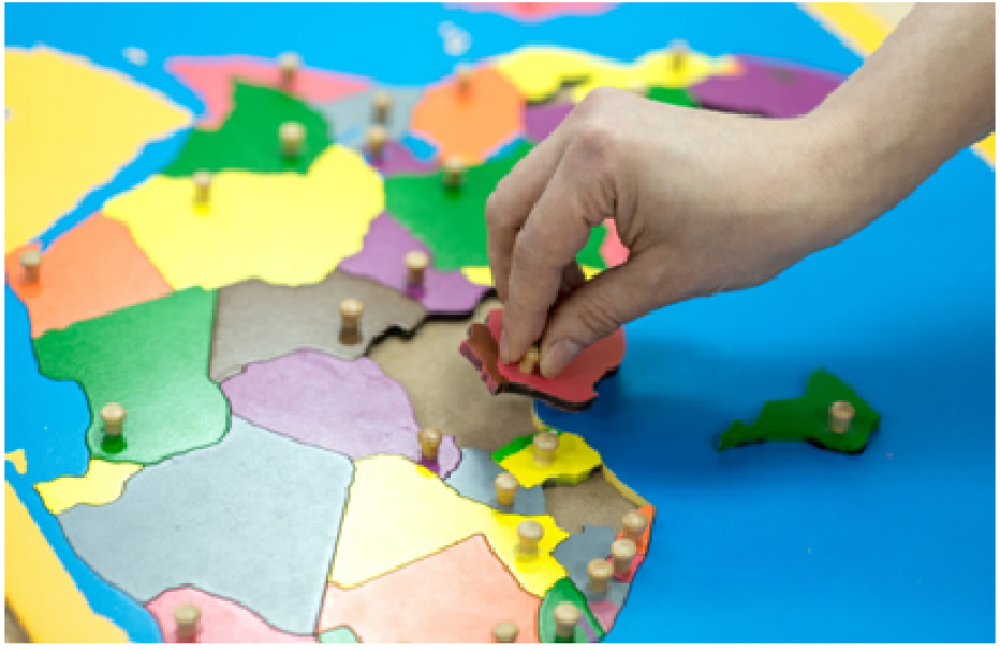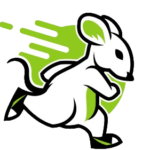
Methodology
Our Curriculum
At Hickory Dickory Pre School®, We follow Montessori and Kindergarten Method of Teaching and we strongly focus on LSRW (Listening, Speaking, Reading & Writing) Skills
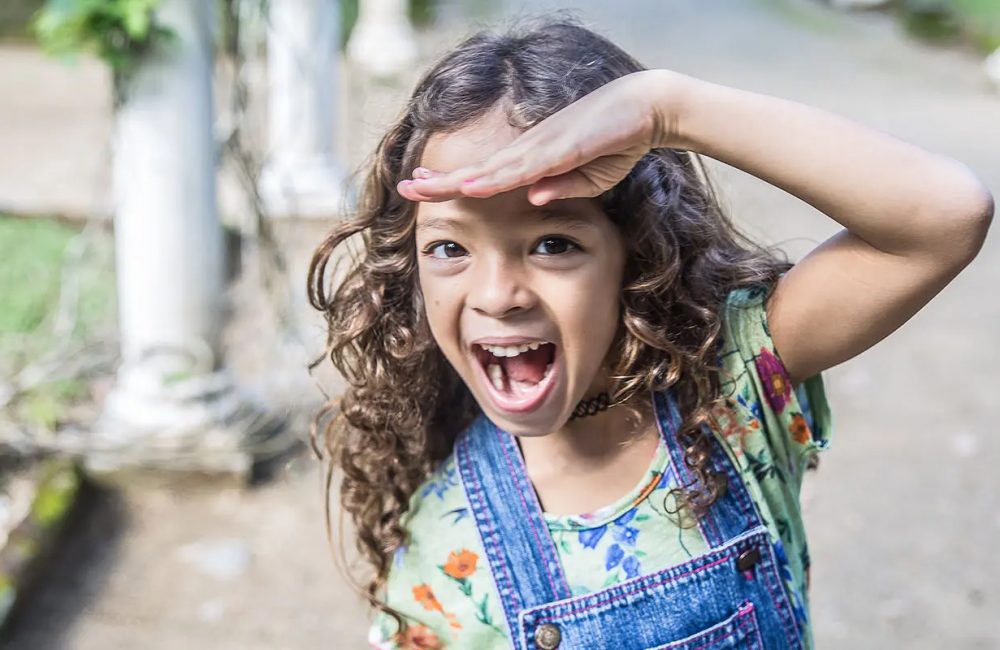
What is Montessori Methodology?
Named after Maria Montessori, the first woman physician, this method, in its essence, deals with developing the personality of a child through sensory learning which includes touching, smelling, seeing, tasting, rather than learning and reading. The classroom includes such self-correcting material, the use of which is demonstrated by teachers and re-enacted by children. The Montessori philosophy is based on a profound respect for each child as a unique human being. Our approach assumes that children are born intelligent, curious, creative and are ripe to develop a sense of wonder and imagination. The goal is not to control, but to inspire our children to learn voluntarily. since it aims to improve the concentration abilities of children, the classrooms and materials are aesthetically designed and give a home-like feeling to children.
What is Kindergarten Method?
Kindergarten programs like those at Hickory Dickory are also based on the principle of individualized learning. The kindergarten method of teaching is nurturing and supportive rather than competitive. Children learn through fun and engaging activities like Art and music, transforming playtime into opportunities to instil important cognitive skills, motor skills, and social skills. A good kindergarten program combines a multitude of teaching methods and instructional designs. Children in a kindergarten using the Montessori method are encouraged to learn at their own pace.
Finally, the kindergarten method of teaching prepares children for the more formal learning that takes place in grade school. The Montessori method empowers children to ask questions and direct their own educational trajectory.
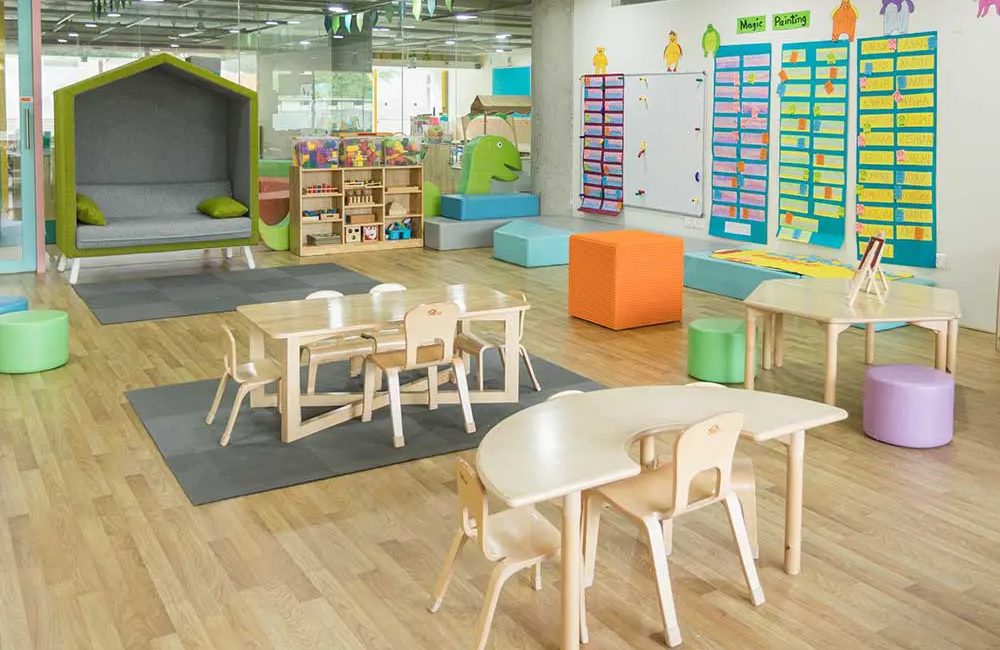
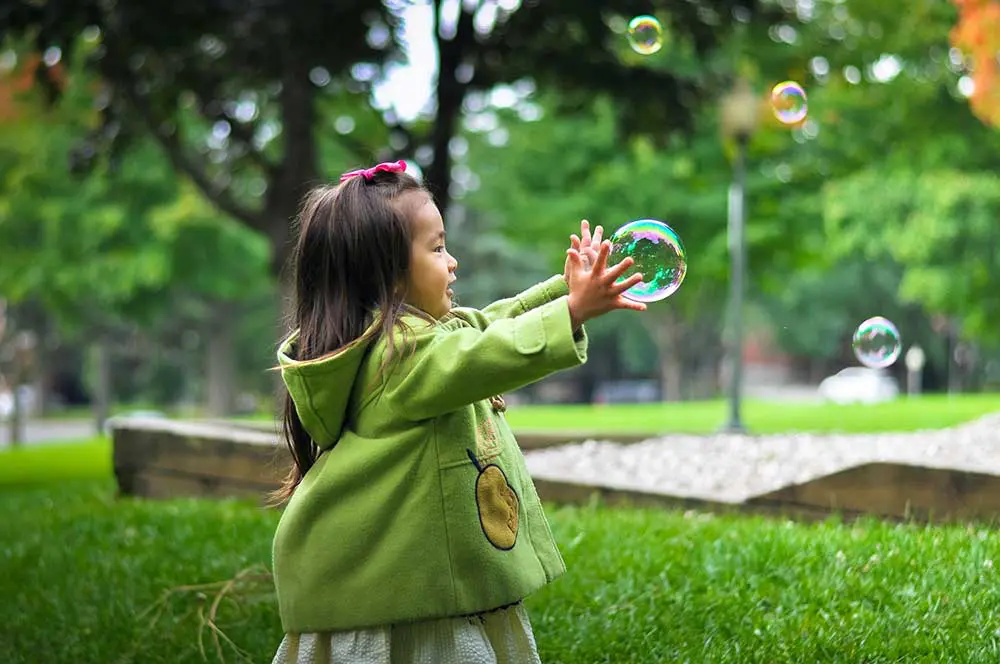
Our Approach
- For hdLearners, we move to 75% Montessori and 25 % Kindergarten approach.
- For hdThinkers, we focus on 50% Montessori and 50% Kindergarten approach.
What to Expect?
At our HD Preschool center, your child skills, abilities, and personality will develop in various environments. We have ensured that these environments are equipped with interesting Montessori objects and activities that invite the children to conduct their own expe
Montessori Curriculum will comprise of : Practical Life
The prepared environments are meant to enable independent learning and exploration with a lot of movement and activity at child’s own pace. Practical life exercises give the children a taste of real life through simple purposeful daily activities like folding clothes, sewing buttons, braiding the hair, grating, and cutting vegetables, rolling out dough, etc.…
These activities develop motor control and coordination, concentration and independence and a sense of responsibility.
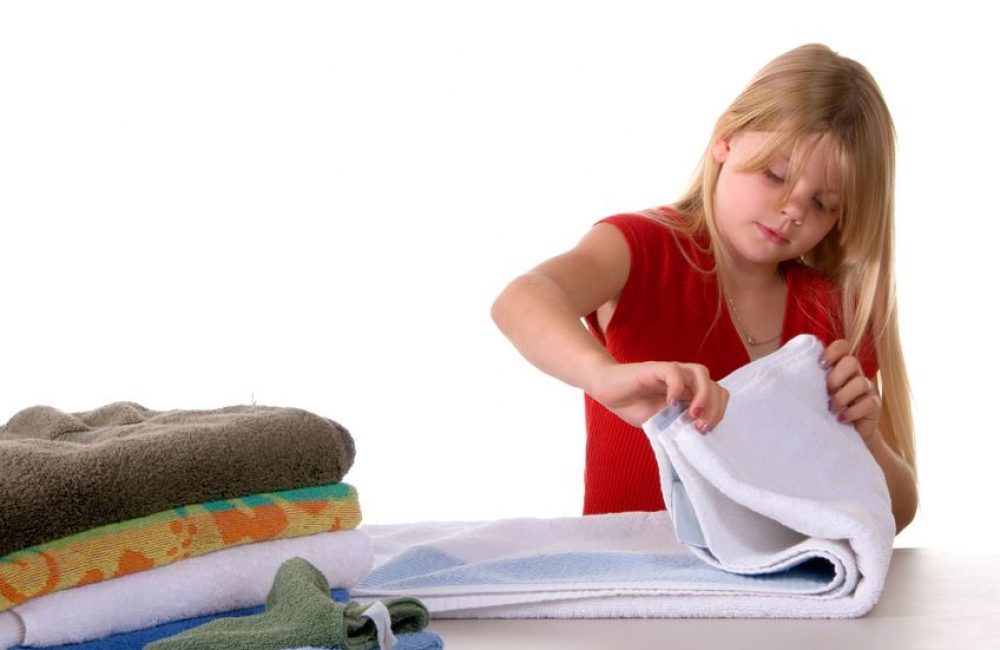
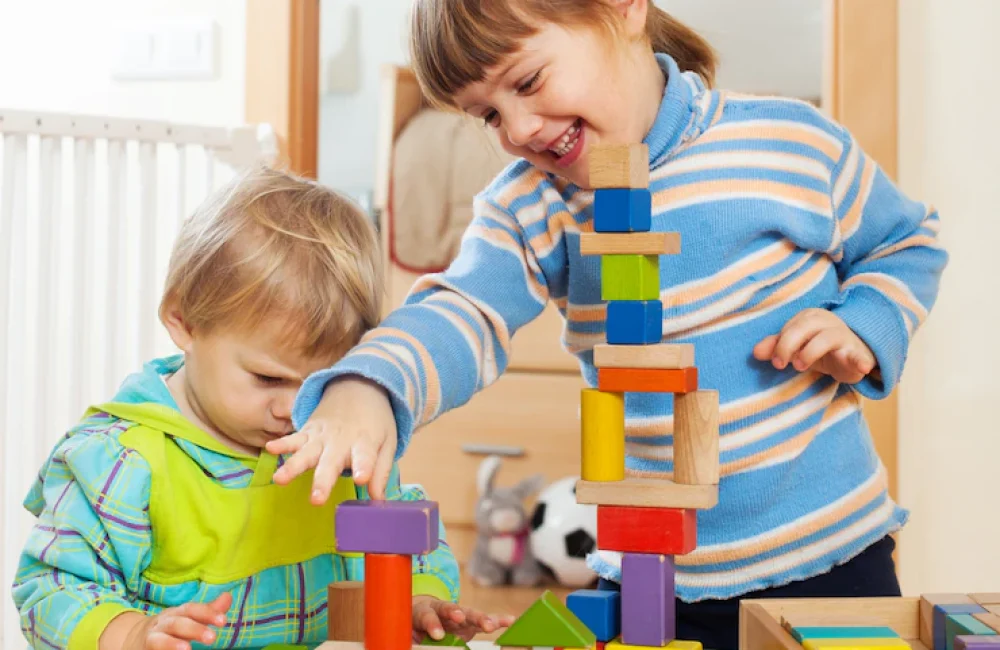
Sensorial
It is important to provide as many sensorial experiences as possible to a child of 2-6 years. Our sensory environment is equipped with spices, perfumes, etc. to introduce the children to and enable them to differentiate between smells.
A large collection of auditory accessories and toys help the children recognize sounds, varying pitches, tones and loudness. We use color tablets with various tones and shades of each color to aid in visual recognition skills.
Language
The Montessori language and literacy programme is based on phonetics. The children learn communication through conversational exercises, storytelling and reading. We also involve parents in a weekly Read To Me programme.
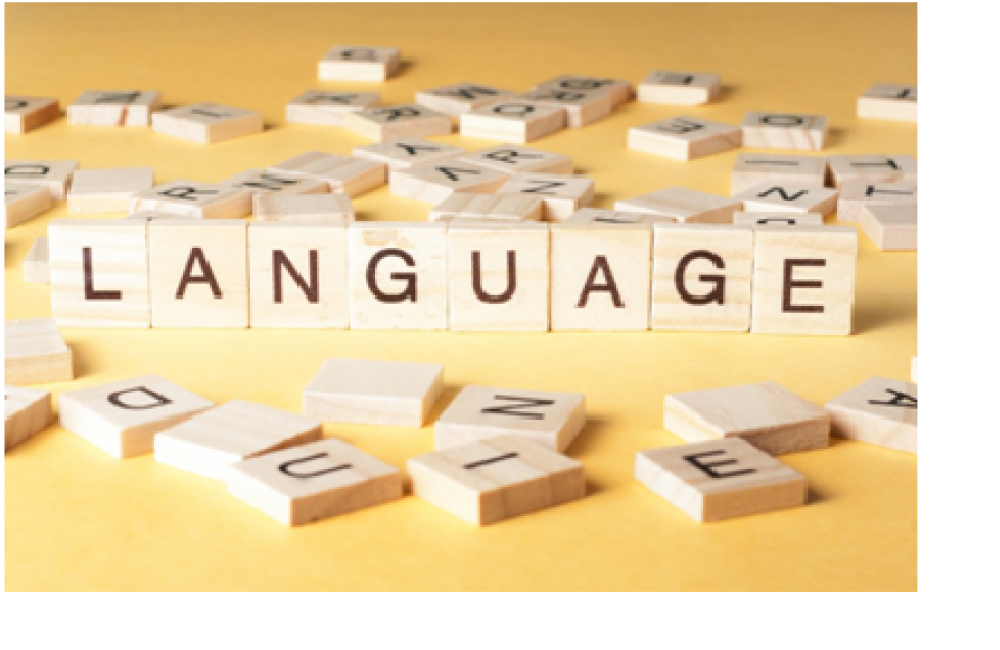
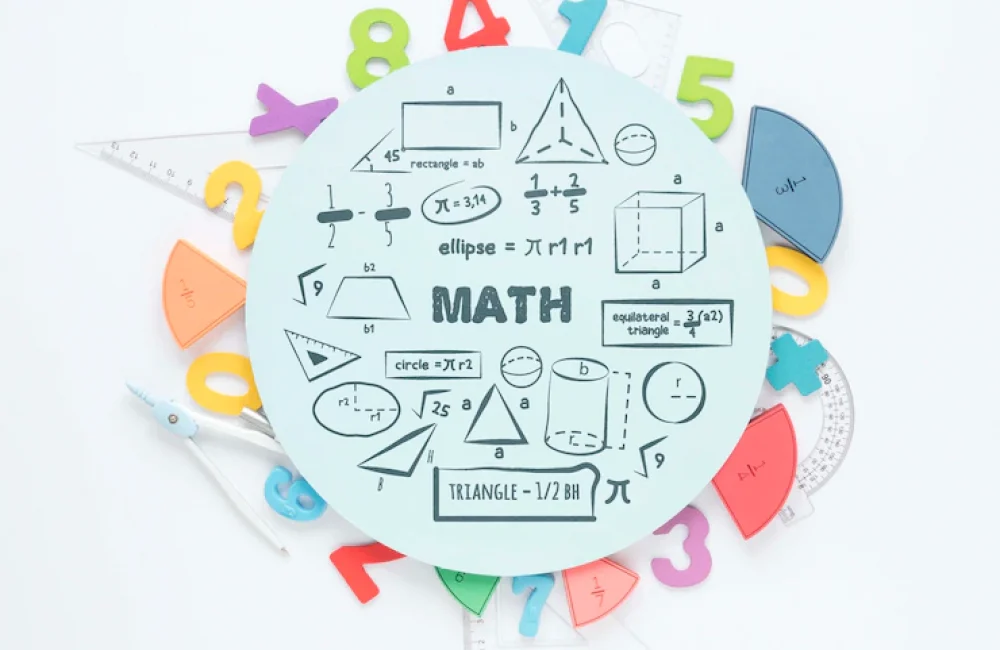
Mathematics
In our Arithmetic environment your child manipulates, experiments and understands abstract concepts through concrete objects like rods, spindles, cards, beads, cubes and counters. The children comprehend and perform addition, subtraction, multiplication, division and even the basics of fractions.
Culture & Geography
The Cultural subjects in our Montessori Preschool classrooms provide our students with a first exposure to the many areas of knowledge they will encounter later on – and enable them to acquire an early interest in learning about the world, its natural wonders, its people, history and culture, its music and art. Children in the Montessori 3-6 environment learn about their physical world. They can touch a sphere and compare the shape to the globe. They build landforms using play dough and fill water forms with water. Montessori puzzle maps are meant to be taken apart and put back together again as children develop an understanding of continents and oceans. These Montessori hands-on activities build long term memory by physically engaging the hand.
